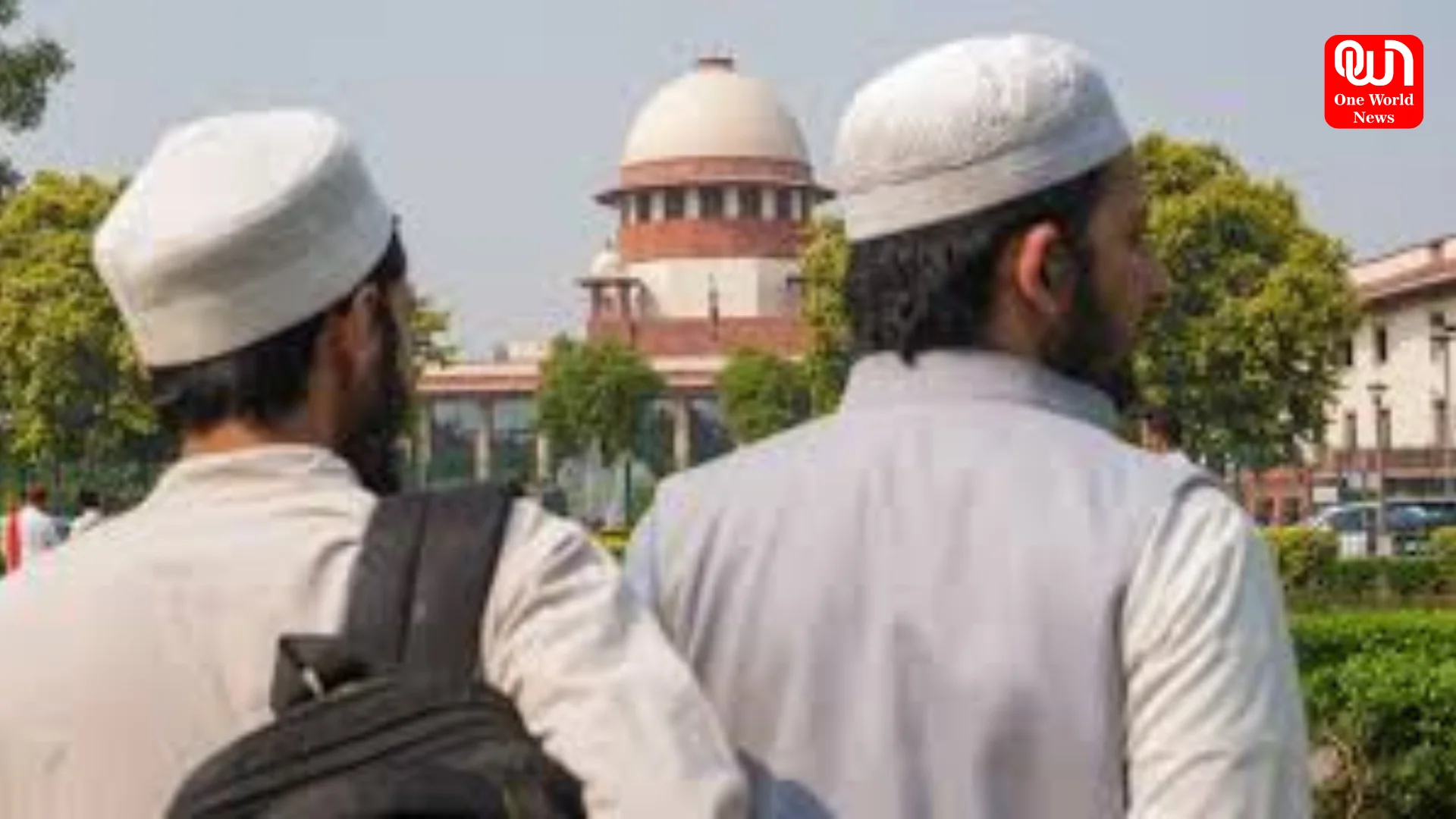Supreme Court’s ‘Waqf By User’ Support Threatens New Law; Government Responds.
This has lifted the contentious provision 'waqf by user' in the Waqf (Amendment) Act, 2025, into the spotlight of the Supreme Court's current deliberation,
Supreme Court’s Support for ‘Waqf by User’ Challenges New Law
The Supreme Court discussions regarding the Waqf (Amendment) Act, 2025 have exposed opposition to the ‘waqf by user’ provision while generating doubts about how this Act affects traditional Muslim charitable possessions. This has lifted the contentious provision ‘waqf by user’ in the Waqf (Amendment) Act, 2025, into the spotlight of the Supreme Court’s current deliberation, creating significant concerns over the Act’s future impact on some longstanding Muslim charitable properties.
What is ‘Waqf by User’?
Traditionally characterised by ‘waqf by user’, such properties are deemed to be created waqf because they have traditionally qualified for Muslim religious or charitable purposes. Although no formal documentation exists for them, years of use have enabled communities to consider such properties to be waqf properties based on such usage. However, that was proposed to be done away with by the Amendment of 2025, which will apply to all waqf properties and thus will require their registration.
Supreme Court Observation
The Supreme Court expressed concern during the hearings about the viability of producing registered deeds for ancient awqaf, many of which were established during the antecedent time, for instance between 14th and 15th centuries. Chief Justice Sanjiv Khanna showed impractical requirements in such matters. Many of the mosques, like the Jama Masjid in Delhi, had been existing long before formal land registration systems came into being. The Court warned that such actions could lead to widespread problems because they might affect a lot of genuinely waqf assets.
Position and Defense of Government
The Solicitor General, Tushar Mehta, on behalf of the central government, admitted the fact that properties registered before the 2025 Act would continue to enjoy waqf status, whereas unregistered properties would require the complainant to establish his title in case of a dispute. Their position is that the abolishment of ‘waqf by user’ was aimed at preventing misuse and bringing transparency in the administration of waqf property. However, the Court also asked for clarification on the mode of resolution of such disputes, especially given the historical context of most waqf properties.
Wider Ramification and Opposition
The provisions of the Act are widely opposed by several political and religious groups across India. Critics claim the removal of ‘waqf by user’ could make way for many historical waqf assets to be unclaimed as they do not have formal documents due to their ancient nature. Apart from this, the presence of non-Muslim members in Waqf Boards has also been condemned for putting such boards in conflict with Muslim institutional religious autonomy.
Supreme Court’s Interim Measures
While staying the Act’s operation has not been restrained by the Supreme Court, it decided that properties declared as having become waqf by court order, including those recognized via “waqf by user,” should not get de-notified when pending in court. This is intended to prevent future injustices while the Act’s constitutional validity remains under review.
Read more: Sorry Ruturaj’ Trends as CSK Faces Humiliating Defeat Against KKR: Did Fans Judge Too Soon?
Conclusion
The Supreme Court’s examination of the Waqf (Amendment) Act indicates the careful line between legal reform and preservation of historical religious practice. The resolution to this legal challenge will have far-reaching implications for managing waqf properties and for the rights of religious minorities in India as the government readsies itself for the defense of the Act.
Like this post?
Register at One World News to never miss out on videos, celeb interviews, and best reads.








